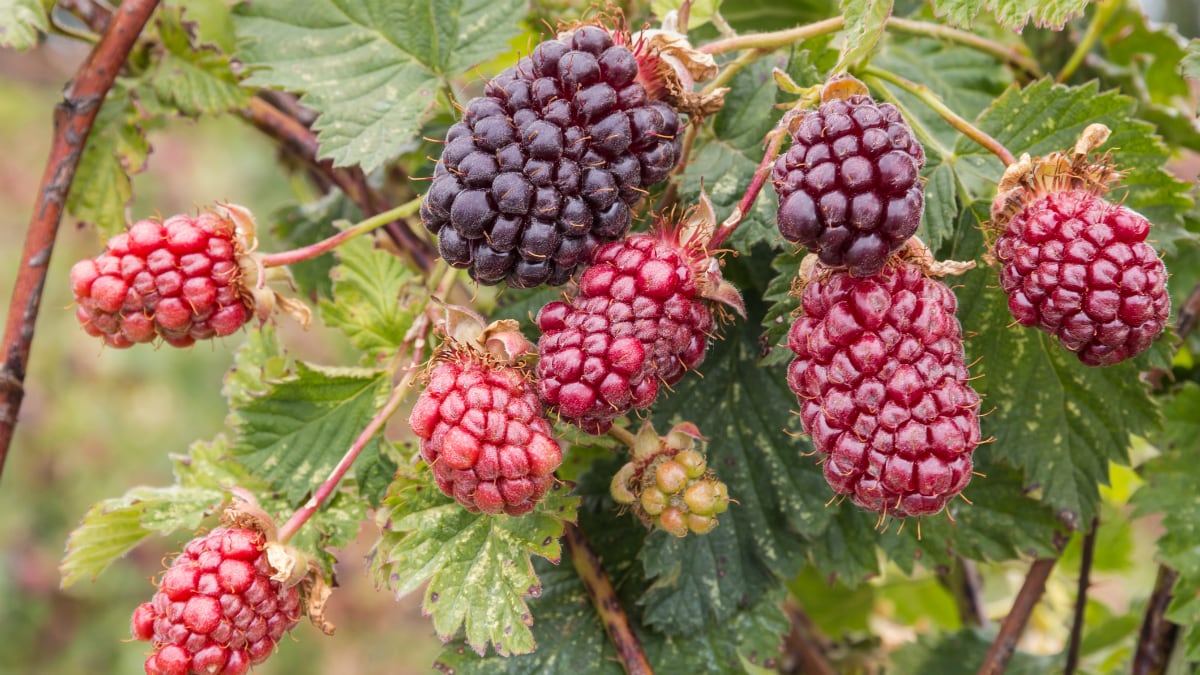Blood and lymphatic vessel — or endothelial — cells are vital in helping to maintain vascular homeostasis.
However, age-related disorders, such as diabetes, hypertension and even obesity, as well as ageing itself, are known to induce endothelial dysfunction, which predisposes sufferers to the development of atherosclerosis.
While polyphenols have been said to be able to suppress age-related endothelial cell disorders, their effect on vascular function has not yet been determined.
Berries on mice
The researchers therefore sought to investigate the impact of boysenberry polyphenol on vascular health in a state of metabolic stress, using mice with dietary obesity.
They fed one group of mice a high-fat diet and another group normal chow for eight weeks, after which the mice on the high-fat diet were given boysenberry polyphenol in their drinking water for six to eight weeks.
They subsequently reported that in the mice on a high-fat diet, boysenberry polyphenol did not bring about significant changes in body weight, food intake, heart rate, systemic glucose intolerance, or systolic or diastolic blood pressure.
However, obesity-induced metabolic increased the reactive oxygen species (ROS) level in the mice's aorta, a change that was ameliorated by boysenberry polyphenol.
The mice on a high-fat diet also displayed considerably lower degree of endothelium-dependent vasodilation (blood vessel dilation) in the iliac arteries, but this was restored significantly by boysenberry polyphenol intake.
The researchers wrote that these findings "indicated that boysenberry polyphenol had a preventive effect on endothelial dysfunction induced by metabolic stress".
Human touch
Separately, they also cultured human umbilical vein endothelial cells to test the impact of boysenberry polyphenol and anthocyanins.
They also focused on anthocyanins in order to identify the component of boysenberry polyphenol that was largely responsible for vascular endothelial protection.
Anthocyanins are a major constituent of boysenberry polyphenol, and their compounds have been reported to protect against cardiovascular disorders.
The study found that anthocyanins could inhibit palmitic acid-induced ROS production in human umbilical vein endothelial cells, and ameliorated the inhibition of nitric oxide caused by metabolic stress.
In addition, anthocyanins were shown to markedly improve endothelium-dependent vasodilation of iliac arteries, suppress ROS production and increase nitric oxide production.
The researchers wrote: "Taken together, these findings suggested that anthocyanins were the chief component of boysenberry polyphenol mediating endothelial cell protection against metabolic stress."
Past and present support
These results were consistent with previous research, which reported that the consumption of anthocyanin-rich boysenberry juice was said to reduce blood pressure in spontaneously hypertensive rats.
In the current study, boysenberry polyphenol attenuated ROS production in both the aortas of obese mice and in human umbilical vein endothelial cells, and anthocyanins were reported to induce the expression of antioxidant enzymes such as glutathione.
The researchers concluded: "These findings indicate that boysenberry polyphenol and anthocyanins, a major component of this polyphenol, inhibit endothelial dysfunction and contribute to maintenance of vascular homeostasis."
Source: PLOS ONE
https://doi.org/10.1371/journal.pone.0202051
"Boysenberry polyphenol inhibits endothelial dysfunction and improves vascular health"
Authors: Ryo Furuuchi, et al.

